National Symphony Orchestra fires back against musicians
NewsNo sooner had the musicians authorised a pay strike than the management of the Kennedy Center in Washington DC took to social media to post a series of aggressive claims – which, musicians tell us, are both provocative and inaccurate.

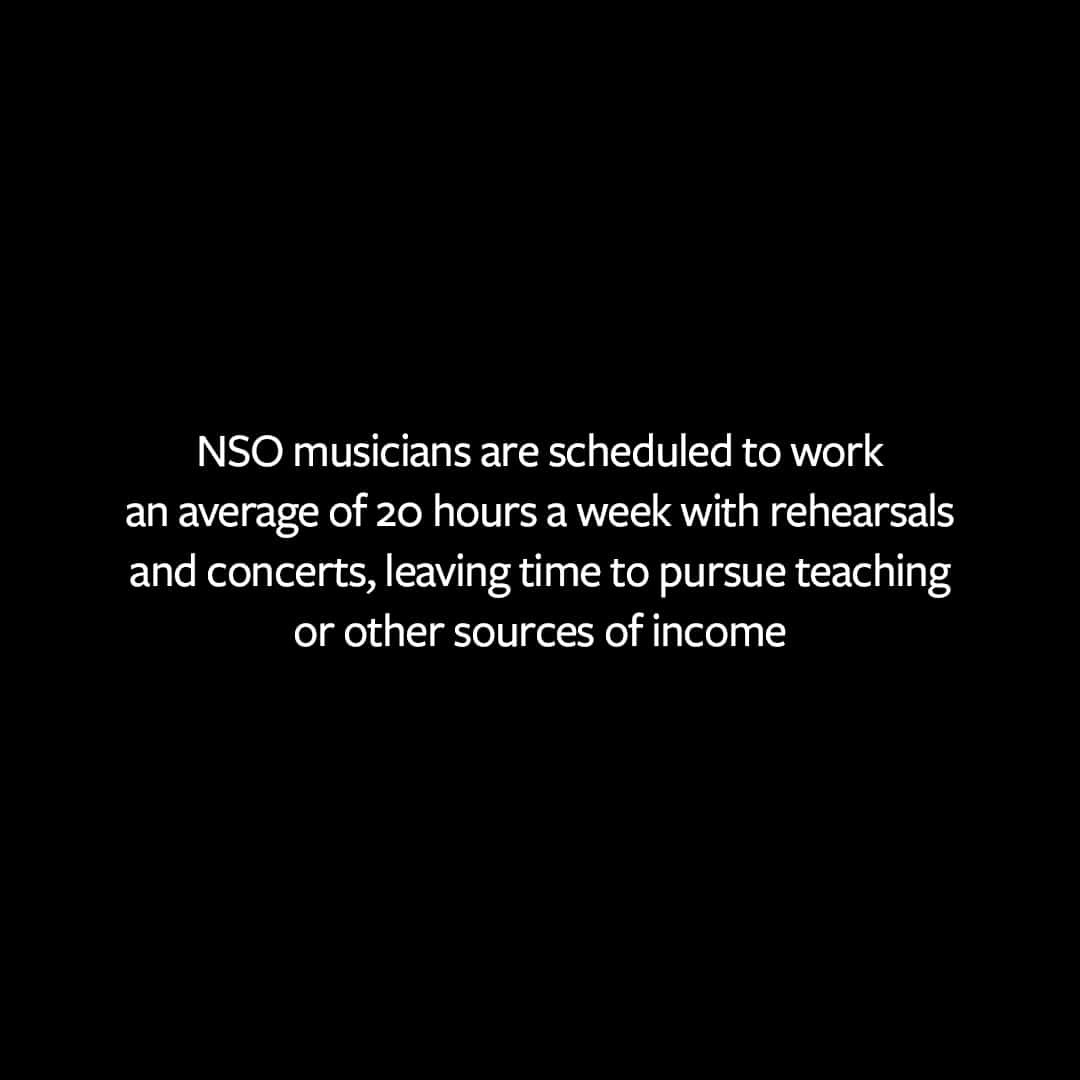
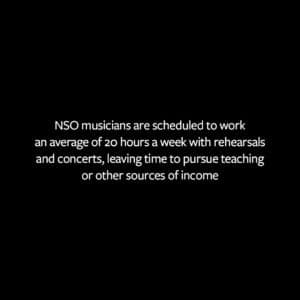

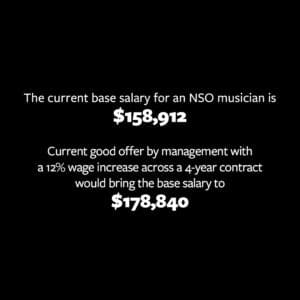
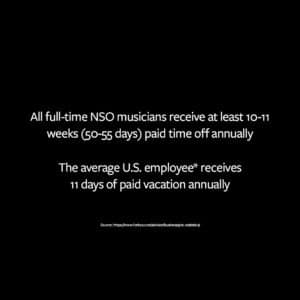
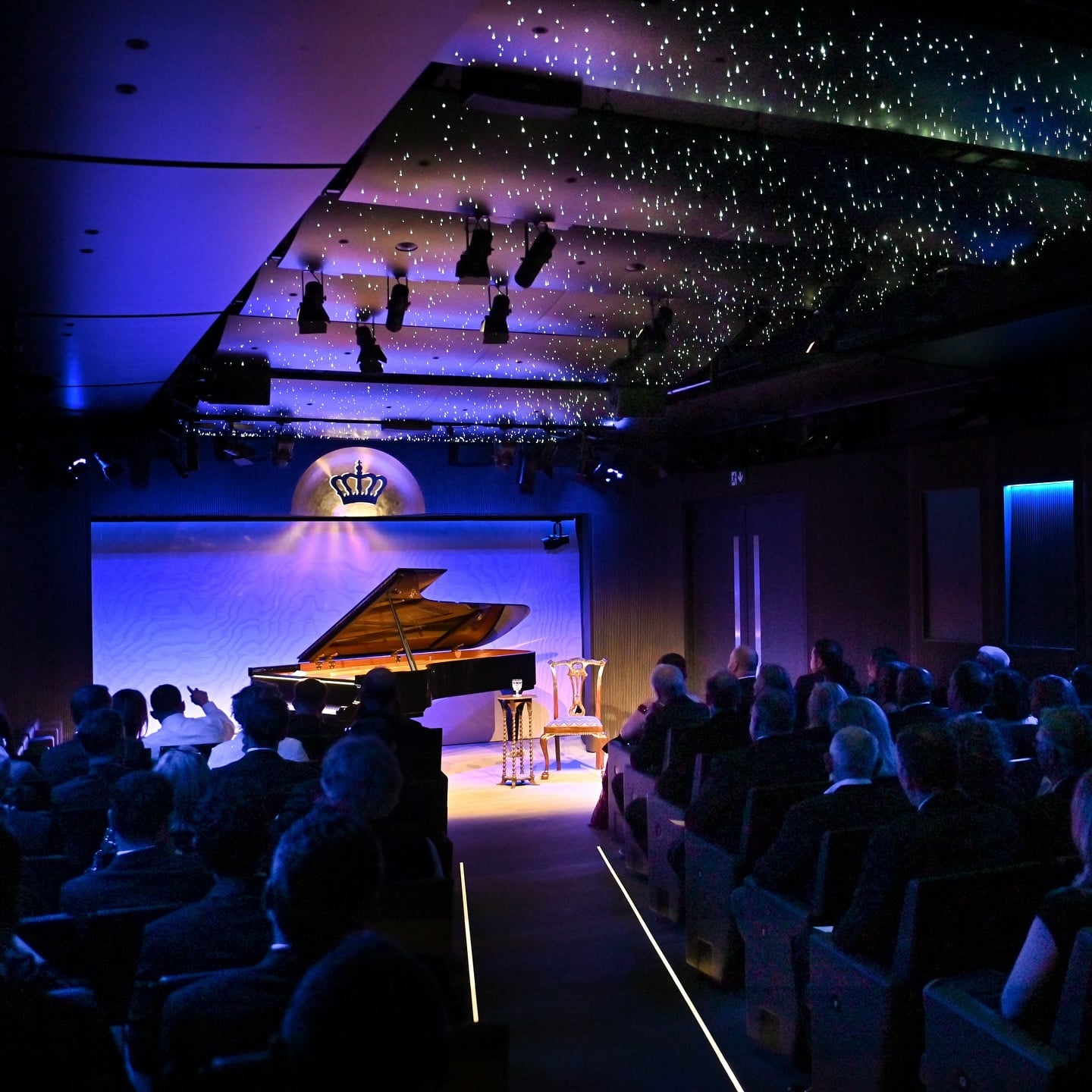

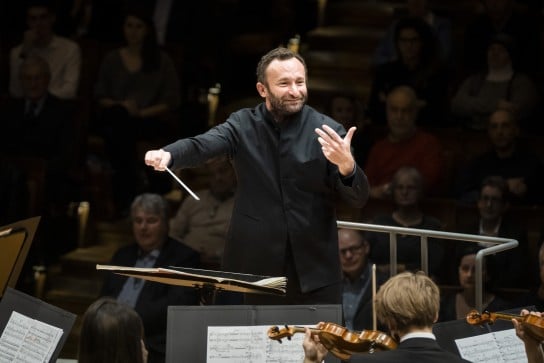

Comments